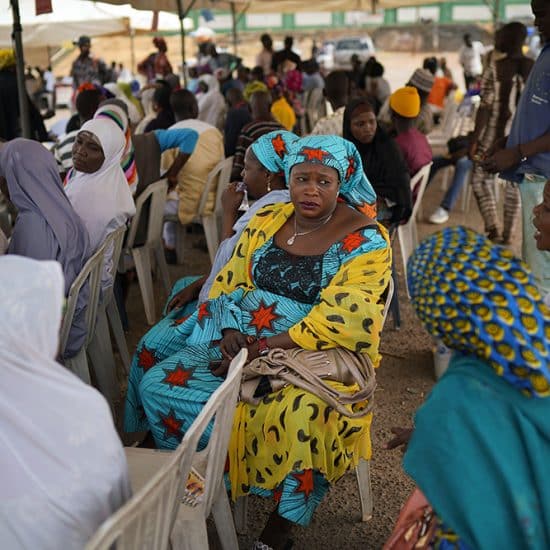By Bill Webb
Word&Way Editor
It was appropriate that Baptist civil-rights champion Foy Valentine was laid to rest and remembered during the month when the nation focuses on racial reconciliation.  Southern Baptists had no greater champion in that arena than the former president of the former Christian Life Commission.
Southern Baptists had no greater champion in that arena than the former president of the former Christian Life Commission.
The pioneer Baptist ethicist died unexpectedly on Jan. 7 at the age of 82. He headed the CLC in Nashville, Tenn., from 1960 to 1987. He was memorialized in a service Jan. 11 in Dallas after a private burial in his hometown of Edgewood, Texas.
Valentine's position called for him to address many moral and ethical concerns and to help the Southern Baptist constituency understand and respond to the issues of the day. But he will be best remembered as the dogged prophetic figure that helped steer Southern Baptists from racism toward support for civil rights during the 1960s, '70s and '80s.
Turning around such a big ship was no small task. Valentine was way out ahead of the denomination he served in the arena of civil rights — and most of us are still trying to catch up with him.
At Valentine's memorial service and in interviews, friends and colleagues recalled his tireless and courageous work of helping Southern Baptists see racism as a spiritual issue.
Valentine courageously led Southern Baptists through the civil-rights era, prompting them to embrace equality and justice in the face of criticism, according to David Sapp, pastor of Second-Ponce de Leon Baptist Church in Atlanta, who worked for the late ethicist 30 years ago.
"While some stood in schoolhouse doors and shouted, 'Closed!', Foy stood in the church-house door and shouted, "Open!"
Jimmy Allen, a lifelong friend and colleague, joined others in calling Valentine a "modern prophet."
"I discovered a rare man," Allen said. "In days of confused identities, this man knew who he was. Nothing could deter or confuse him…. This man lived his whole life fighting for freedom."
Valentine's courage was derived from the understanding that God had given him his assignment, Allen insisted.
Another friend, former president of the Annuity Board Darold Morgan, noted that even during the most tumultuous times, his friend remained "confident and serene." Morgan noted the words of Martin Luther that Valentine had written in the Bible he carried most of his adult life: "My soul is too big to harbor hatred against any man."
Floyd Craig, who worked for Valentine as communications director, said: "Foy always went back to the Bible. One of the first pamphlet series he ever did was called, 'The Bible Speaks.' Foy instilled that in all of us who worked for him. Whatever issue came up, he'd say, 'Let's go back to the Bible. What does the Bible say?'"
That is a critical reminder. As significant as Foy Valentine's contribution was on the race issue and many others, he would be offended if admirers vowed to carry on his work. The work of reconciliation and applied theology has always been God's work and always will be.
God's work in the arena of racial reconciliation is never done. The notions of equality, freedom and respect must be taught, caught and nurtured in every generation. Most of us need to continue the process of growing and maturing in our understanding and practice of right race relations.
We have an opportunity to tell our children, our grandchildren and others with whom we have influence what the Bible says about racial reconciliation and many other issues.
I used to brag on my children as they were growing up, saying they were "color blind" in their relationships with other children and even adults. What I meant was that they didn't make a distinction between people like our African-American next-door neighbors and themselves. We've long since moved from that community, but those former neighbors are still good friends.
Being "color blind" is a good start, but I wish for more for my sons and my grandsons. I really don't want them to ignore differences in skin color and culture. Nor do I want them to merely tolerate people who are different. As they take note of the differences in others and grow to appreciate those distinctives, I have further reason to admire them and to lift them up as examples.
As my sons and grandsons progress, they will find themselves on the path to love and genuine reconciliation. Jesus said: "This is my commandment, that ye love one another, as I have loved you" (John 15:12, KJV).



